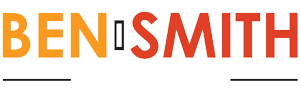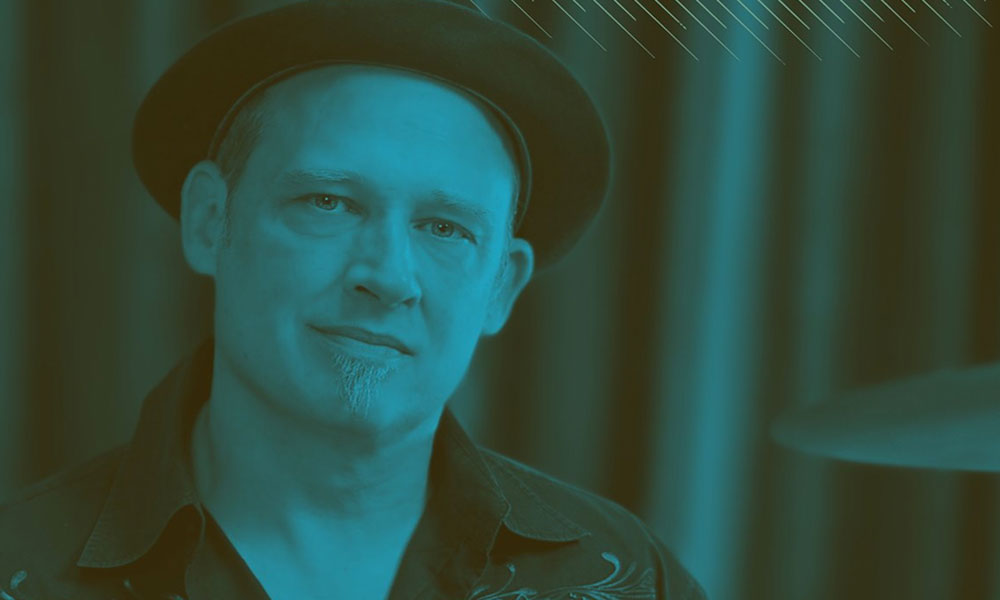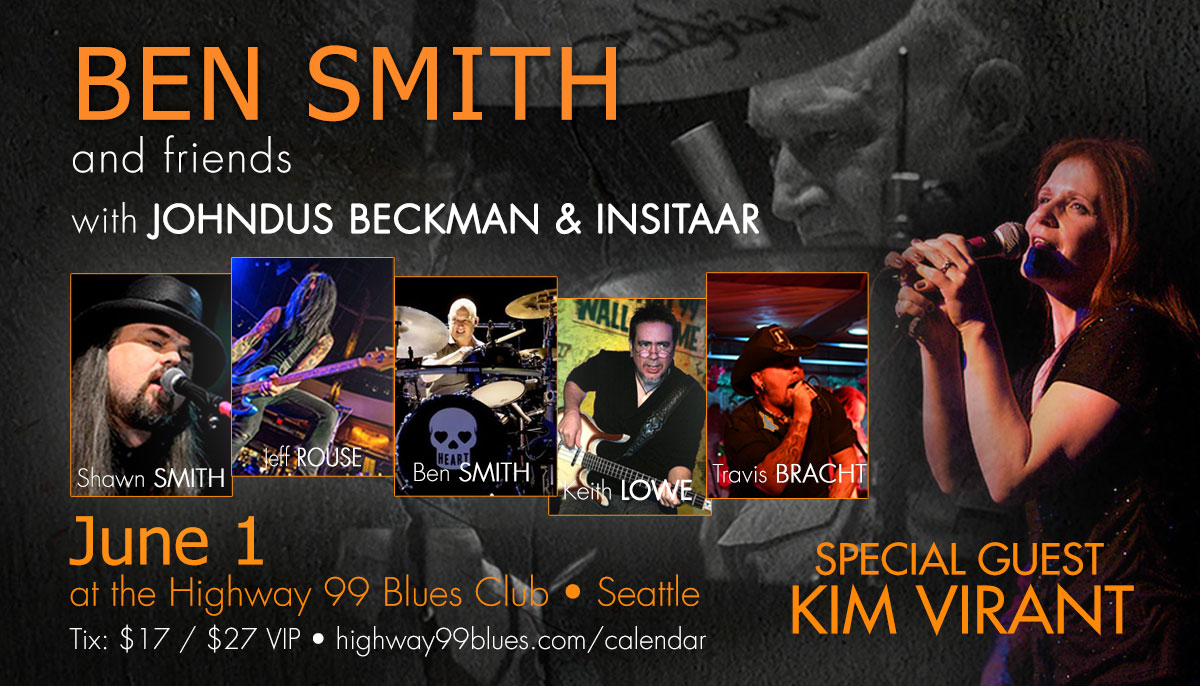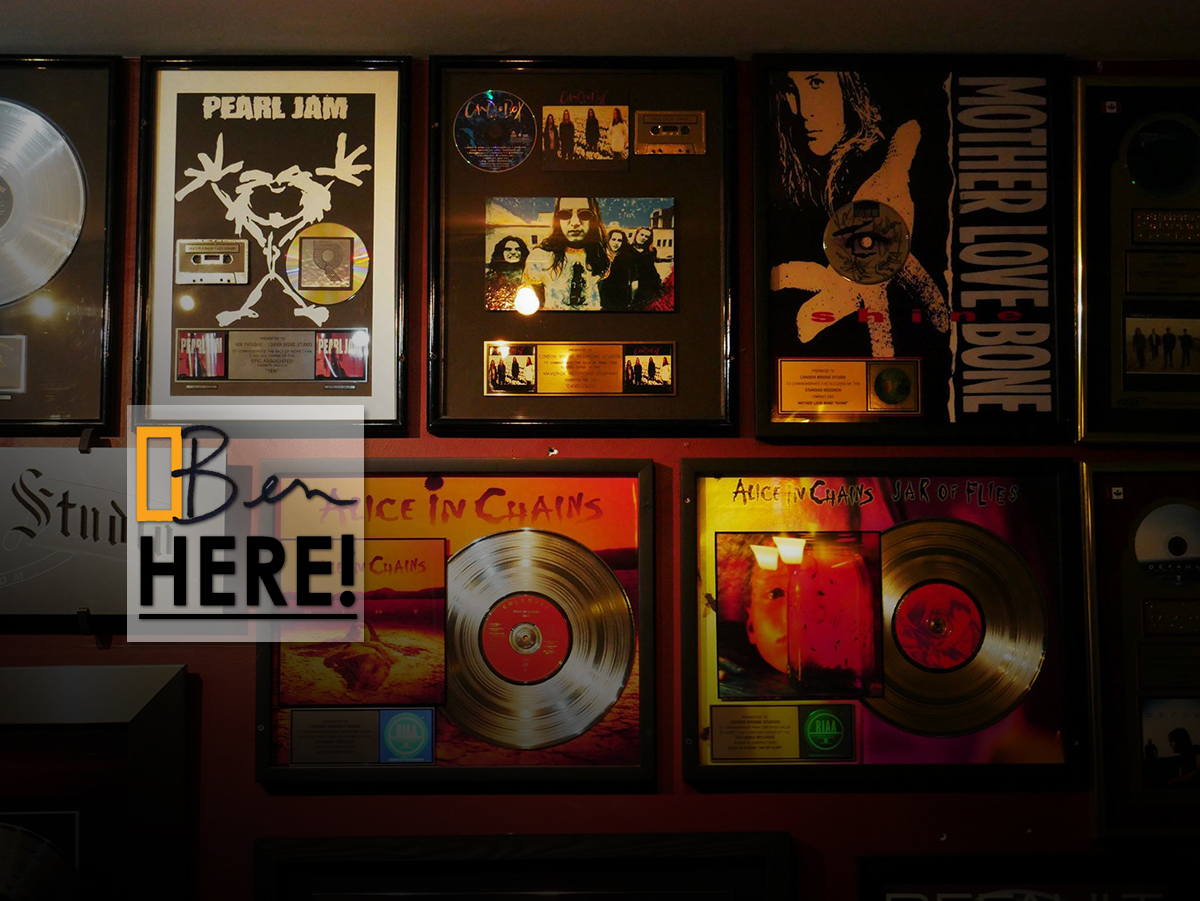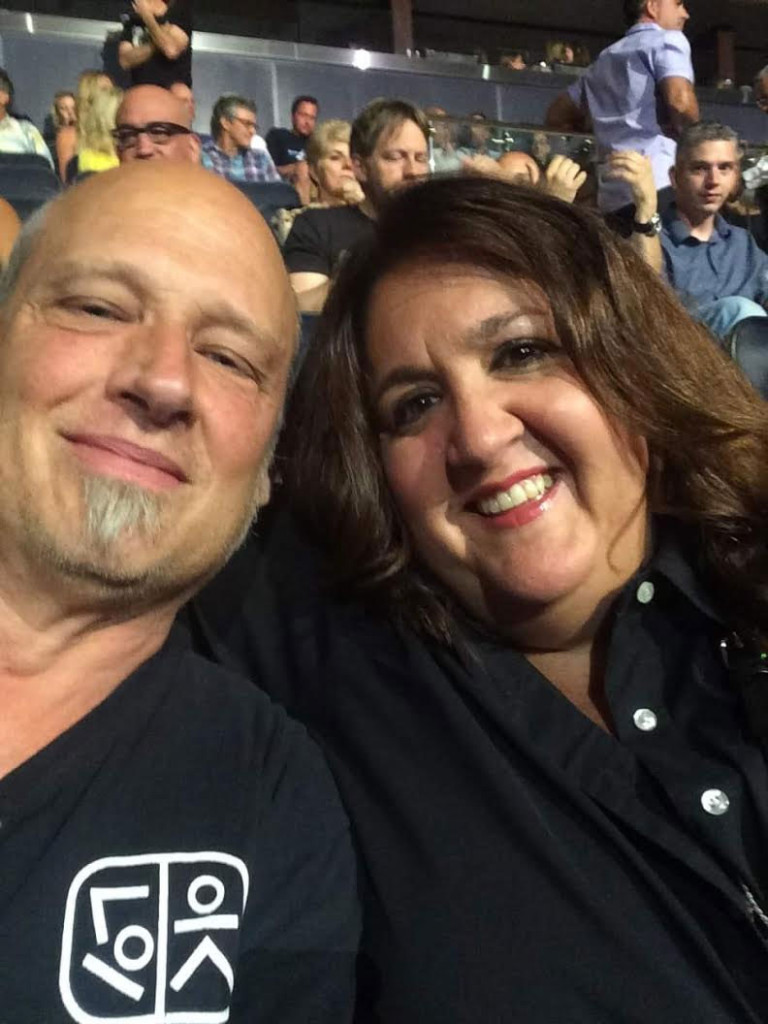 Ben Here! I’m in New York City touring with HEART and the Rock Hall Three For All US tour and visiting with my long-time friend, NYC resident – Sue Pelino. She’s fun, talented and hard-working, and a mega-success in the television and film music mixing world. She graciously agreed to chat with us and share about her journey to becoming a top film and television music mixer. Fun career! Check her out … Sue Pelino is an Emmy-awarded re-recording mixer for television and film who has worked with the biggest artists (Alicia Keys, Queen Latifa, Tony Bennett, Taylor Swift, Lady Gaga, Elton John, Carole King, The Eagles, Meryl Streep) and producers in the world.
Ben Here! I’m in New York City touring with HEART and the Rock Hall Three For All US tour and visiting with my long-time friend, NYC resident – Sue Pelino. She’s fun, talented and hard-working, and a mega-success in the television and film music mixing world. She graciously agreed to chat with us and share about her journey to becoming a top film and television music mixer. Fun career! Check her out … Sue Pelino is an Emmy-awarded re-recording mixer for television and film who has worked with the biggest artists (Alicia Keys, Queen Latifa, Tony Bennett, Taylor Swift, Lady Gaga, Elton John, Carole King, The Eagles, Meryl Streep) and producers in the world.
Sue, what about your history lead you to a career in engineering and music production?
It was like I was born with a guitar in my hand! I remember from 2 or 3 years old that’s all wanted, was to play guitar. My grandfather was an amazing, amazing guitarist. I remember when I was 3, going on 4 years old, walking down the street with him, on our block in Queens, NY, and he said to me, “what do you want for your birthday”, and I answered, “a guitar”. He asked, “what kind of guitar?”, I said, “really, I’d prefer a white electric guitar”, which was, for sure, based on the Josie and the Pussycats cartoon.
For my birthday he gave me a Harmony Concert Ukulele, and I spent every weekend playing with him. On the first day, we played two tenor ukuleles, learning old Italian songs, and ukulele hits like “Five foot two” & “Yessir, That’s My Baby” and the other great tunes. It was like my hands knew where to go to find the chords; it was what I was meant to be doing. At 4 years old, that was the beginning of my love for music.
When I was 9 years old, my dad, who was a bandleader, bought me my white Gibson SG. Landmark day. From that time, I started studying Guitar Player magazine with the two other kids from the neighborhood, learned all the songs that we could, you know, pop tunes, Clapton, and other great stuff.
We started writing our own music around 8 and 9 years old. My dad was working for television production and was friends with jingle writer, Rod McBrien. Dad had given a bunch of work to Rod, who was a great writer and worked in a recording studio, so Rod offered to have my little band come in for a recording session. He thought we were going to play “Mary Had A Little Lamb” on ukulele, but instead we came in with two originals and a cover tune, our band was called Phase II. That was the first time I was in a recording studio. I think I played a Gibson Dove, there was a 9 foot grand piano we used, I was 9 or 10 years old. I was mesmerized. I can remember sitting on a stool, playing an early 70’s Gibson Dove that belonged to the studio.
Eddie on Drums; David on Bass; Stewie on Piano; and Raymond, who was 8 years old, playing a Gibson Les Paul gold top guitar, which was heavier than he was. I walked into the control room, saw the recording console, and from that moment I knew what I wanted to do. Rod was editing audio tape with a splicing block and a razor blade, pushing buttons and making it all work.
We recorded the three songs, and we played together for years. Not long ago while helping my parents pack to move I found the old tape box from when we recorded those tunes, the box was marked Electric Lady Studios B: I’m sure most parents in those days must have thought Hendrix music was insane! S: My parents loved all kinds of music. Not that long ago, my dad asked my mom, “Have you heard Jimi Hendrix version of “Star Spangled Banner?” B: What was your college experience, how did that help your dreams of engineering? S: When I went to school, there wasn’t much of a music program for engineering. I loved St. John’s University, but there was no engineering. I studied television production and majored in communications, but it was when I started working that I learned there was a thing called post production sound for television B: What advice to you have for people who want to get into engineering? What skills did you develop to conquer the learning curve? What’s your recommendation to those who want to get to the point of working with really talented people? S: I’d say patience is probably the biggest thing for learning. I’d almost prefer that things take longer to develop, so I can learn the details of what I need. I was an assistant engineer in recording studios for years. I learned the skills I use today on the old studio hardware, the electronics that the current software plugins were based on. I learned what compressors do, how to cut tape on a splicing block – the fundamentals. Take your time to really observe. Develop the ability to stay in one place and stay focused. I feel having an “ear” is very important plus being a musician is an asset. B: And, you’ve told me stories about having to occasionally replace guitar or vocal parts. S: Yes, that has happened! Also, I think becoming the kind of person that clients can sit and work with for very long hours. I work with the people that I’ve been working with for years. Developing those relationships is so important. Taking the time to watch how other engineers work, and learn by careful observation what works. Don’t sit in the back and stare at your phone. I still love mixing live concert performance shows and specials for tv, dvd, and internet streaming, there’s so much to it, the technology keeps changing. Now I mix everything in stereo, 5.1 surround, 7.1 surround. It takes time to get good work done, don’t rush it, unless of course it’s airing tomorrow!! Coincidentally, my career started when I met my now business partner, Kassie Caffiero, on the bus going to interviews to find tv production work. She was listening to Heart on her Walkman, and that’s what started our conversation. By the end of the bus ride, she offered me a job. I started the next Monday, as “night label typist”.
